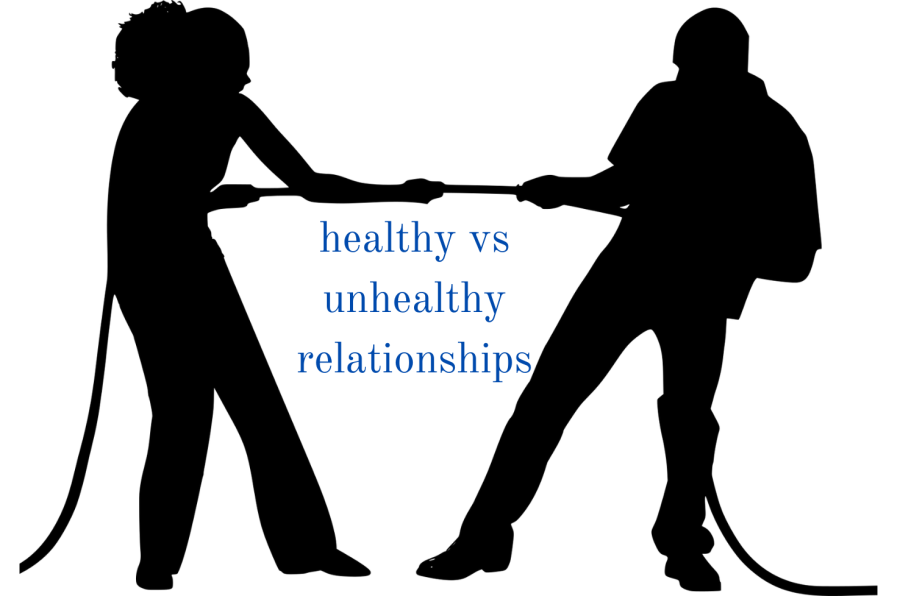Warning signs that you’re in a toxic relationship
March 23, 2023
On March 22, a workshop was held by Speakers Maggie L. Burkhead and Kassandra Garcia in Mcafee discussing signs of verbal, emotional or physical abuse and who to contact anyone is experiencing these things.
According to the NCADV – National Association Against Domestic Violence, – the most common age intimate partner violence starts is within the age group of 18-24. At least 95% of all cases of partner abuse involve a man beating a woman, and every day in the US, more than three women are murdered by their husbands or boyfriends.
Domestic violence is defined as “willful intimidation, physical assault, battery, sexual assault, and/or other abusive behavior as part of a systematic pattern of power and control perpetrated by one intimate partner against another. It includes physical violence, sexual violence, threats, and emotional abuse. The frequency and severity of domestic violence can vary dramatically.”
Although there are multitudes of warning signs for the beginning of someone receiving abuse within a relationship, here are a few common signs: the beginning of substance abuse – from the abuser or the victim, – jealousy, double standard, being put down, and animal abuse. These few are very common in toxic relationships, but do not limit other signs from occurring.
Some more physical signs of someone wanting power and control over their partner start with physical abuse, sexual abuse, financial abuse, emotional abuse, verbal abuse, stlaking, and neglect.
Here are some signs that are often overlooked: treating someone exceptionally well at the beginning of the relationship, making someone feel sorry for them, never being at fault, trying to control someone through constant communication, separating someone’s family and friends physically or emotionally or causing chaos before or during family events, being overly critical, searching personal belongings, prying to learn more of their inner feelings or about the past, accessing social media accounts, booking a calendar in advance so someone is unable to leave the relationship, and lastly removing someone from their existing friends with probably excuses and keeping someone too busy to maintain them.
The first step is to recognize these behaviors and warnings, and get out of the relationship before it is too late. The victim should understand that the abuser will not get better unless they themselves want to work on it. It only makes things worse if you stay in a relationship because you feel bad for them. If someone is in need of help, please visit HOPE, SACIS, the EIU Counseling Clinic Office, National Domestic Violence Hotline, or the UPD.
Ava Meyer can be reached at 581-2812 or at agmeyer2@eiu.edu.





































































